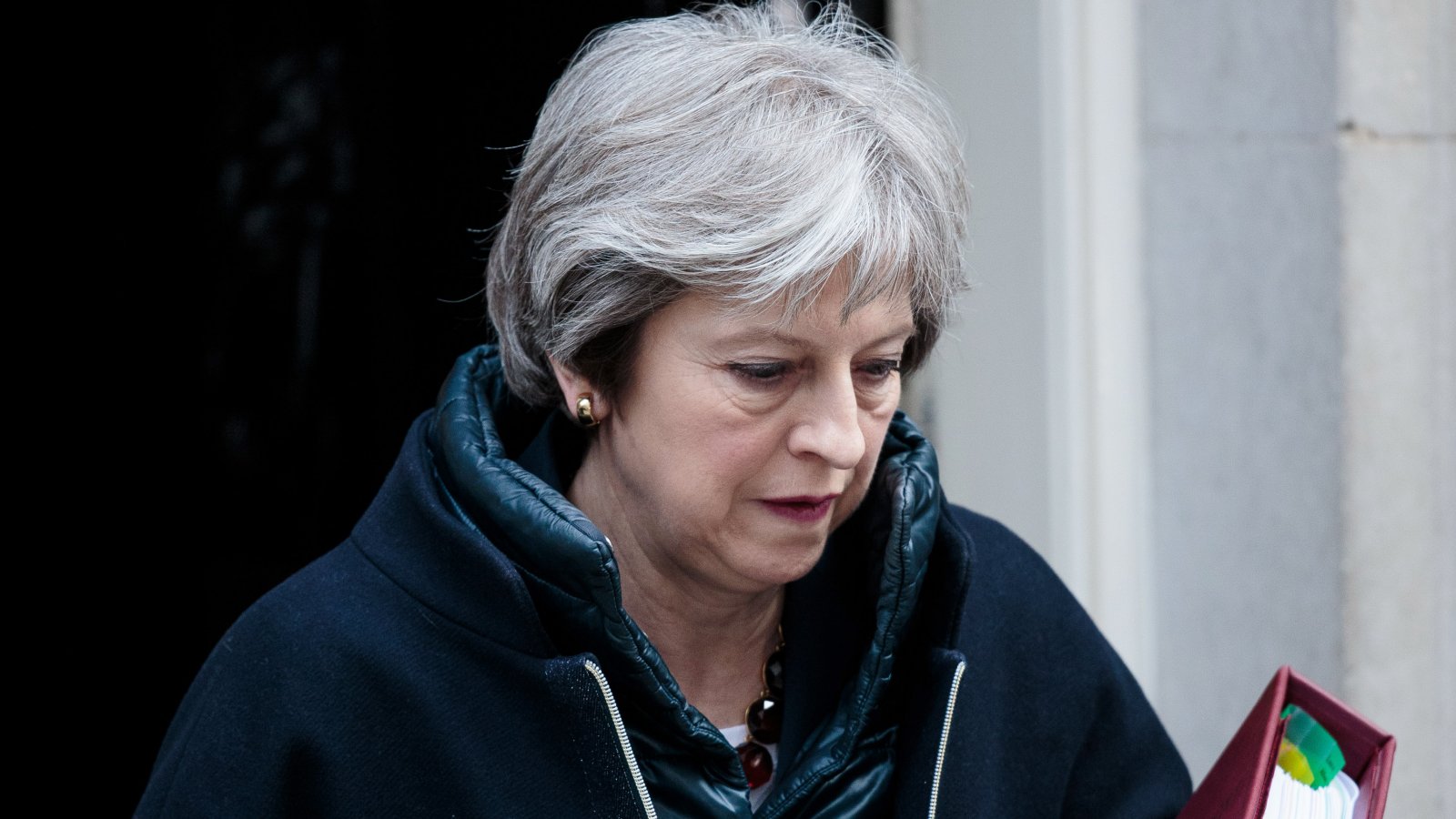
British Prime Minister Theresa May is taking action in response to Russia's suspected poisoning of former spy Sergei Skripal and his daughter Yulia in Salisbury, England. May announced her plans in a statement to Parliament Wednesday after Russia ignored a Tuesday midnight deadline to explain how a nerve agent likely in its possession ended up poisoning private British citizens on British soil.
“This represents an unlawful use of force by the Russian state against the United Kingdom,” Mrs. May said in an address to the House of Commons. “It must therefore be met with a full and robust response.”
She said Britain would suspend all high-level contacts with Russia, and would expel 23 Russian diplomats, who were given one week to leave. She described it as the biggest expulsion in more than 30 years, harkening back to a period in which Britain and the United States faced off against the Soviet Union.
The prime minister also said that the government had agreed on new powers to crack down on the activities of foreign intelligence agents in Britain, that there was no place for “serious criminals and corrupt elites” in the country, and that an invitation for Foreign Minister Sergey V. Lavrov of Russia to visit had been withdrawn.
She added that no British ministers or royals would attend the World Cup in Russia this summer, that Britain would “increase checks on private flights, customs and freight,” and that it would “freeze Russian state assets wherever we have the evidence that they may be used to threaten the life or property of U.K. nationals or residents.”
“They have treated the use of a military-grade nerve agent in Europe with sarcasm, contempt and defiance,” Mrs. May said of Russia. “Their response has demonstrated complete disdain for the gravity of these events. They have provided no credible explanation.”
(...)
Also on Wednesday, Britain called for an urgent meeting of the United Nations Security Council to discuss the attack, and delivered a statement to the United Nations Human Rights Council in Geneva, decrying Russian aggression in Ukraine and Georgia, the country’s involvement in the Syrian civil war, and civil rights abuses within Russia, as well as the nerve agent attack.
Russia continues to deny involvement and accuses Britain of engaging in Russophobia.
On Wednesday, the Russian embassy in London said the British “hostile action” was “totally unacceptable, unjustified and shortsighted.”
(...)
Moscow has demanded that it be part of a joint investigation into the attack on the Skripals, along with the Organization for the Prohibition of Chemical Weapons, and that Britain turn over a sample of the nerve agent. Mrs. May identified the chemical as a Novichok, a class of extremely deadly nerve agents developed by the Soviet Union in the 1970s and 1980s. Britain was sending samples of the toxin to the chemical weapons organization for verification, the British prime minister said on Wednesday.
President Trump has yet to respond to the latest developments. He and Prime Minister May spoke by phone Tuesday. A readout of that call says the president "agreed with Prime Minister May that the Government of the Russian Federation must provide unambiguous answers regarding how this chemical weapon, developed in Russia, came to be used in the United Kingdom," and that Trump and May "agreed on the need for consequences for those who use these heinous weapons in flagrant violation of international norms."
Britain Expels 23 Russian Diplomats Over Ex-Spy’s Poisoning (NYT)